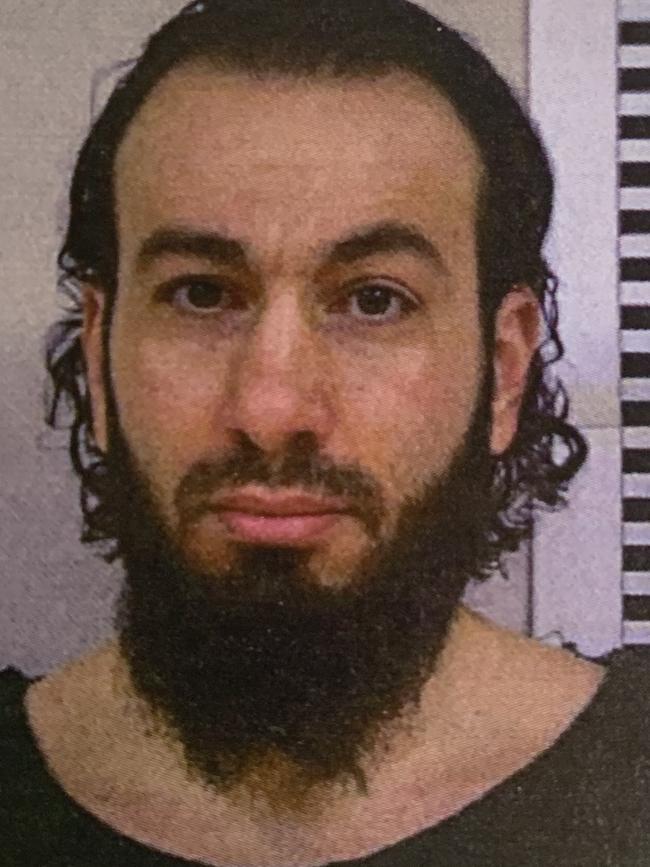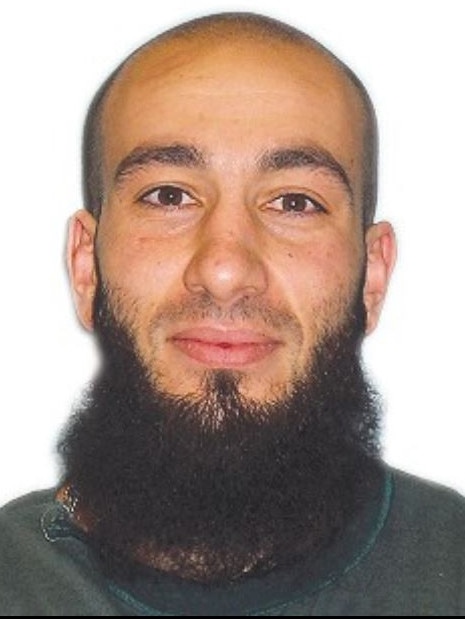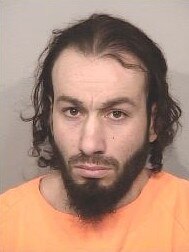Brothers 4 Life founder Bassam Hamzy seeks barrister for drug trial
Brothers 4 Life founder Bassam Hamzy has approached multiple barristers, but none have agreed to represent him, a court has heard.
Police & Courts
Don't miss out on the headlines from Police & Courts. Followed categories will be added to My News.
One of Australia’s most notorious criminals Bassam Hamzy, is unable to find a barrister willing to represent him at trial, as he stands accused of running a drug empire from behind bars.
This was just one issue - among several - raised in the NSW District Court before the trial in August for the founder of the notorious Brothers 4 Life gang, and his former lawyer Martin Churchill.
The Crown alleges Churchill used client privilege to conduct private three-way calls with major drug suppliers and Hamzy at NSW’s highest security prison, Goulburn Supermax.


Churchill, has pleaded not guilty to commercially supplying ice and knowingly participating in the activities of the criminal group, operating between Sydney and Wollongong from October, 2017 to February, 2018.
Hamzy - who allegedly ran the operation from jail - has pleaded not guilty to directing the activities of a criminal group, supplying a prohibited drug and dealing in the proceeds of crime.
Judge James Bennett told the court on Monday the prospect of the jury trial starting on August 16 was “compromised” by Covid delaying jury trials.
Both Hamzy and Churchill have sought trials before a jury and not a judge.
“The prospect of this getting on in August is compromised. But if things fall into place before then and the trial can get underway, it should get underway,” Judge Bennett told the court.
Hamzy’s solicitor Mohammad Khan admitted he had not been able to find a barrister to take on the trial - despite searching for two weeks - and Hamzy might have to resort to legal aid.
He explained the difficulties of a barrister taking on the role, who has to undertake arduous prison approvals, which only last a year once approved.
“Without that approval the council cannot have a conference with Hamzy,” Mr Khan told the court.

Judge Bennett was unsympathetic, telling Mr Khan: “You’re going to have to get everything in order. You may have to run the trial yourself.”
Churchill’s solicitor Dennis Stewart applied for the trials to run separately arguing the delays impacting Hamzy’s case should not affect his client - who has been behind bars since July 2019.
The court heard key evidence to be run in the Crown case, including someone who worked with Hamzy, dubbed ‘Witness A’, would be giving “critical” evidence over three days.
“He is giving numerous statements and corroborating witness statements against Hamzy. It’s really the heart of the Crown case,” Crown Prosecutor Craig Everson told the court.
Judge Bennett gave permission for the witness to appear from a remote location via video link for his own safety, which was strongly opposed by Hamzy and Churchill.
The application for the witness to not have to appear physically in court was made by the Crown, and supported by a confidential letter from Assistant Police Commissioner Scott Cook.
“(Witness A), to be called in crown case, is someone who is at significant risk by the reason of course he is expected to take part in the trial. (He) is associated and connected with the present accused (Hamzy),” Judge Bennett told the court.
Mr Stewart attacked the credibility of the witness, arguing he was “induced” by police to speak against Hamzy to receive benefits after being charged with serious offences, including firearms charges and breaching parole.
He failed to convince the judge the witness should give evidence physically in court so the jury could see whether he was being truthful, by his body language and demeanour.
The court heard Hamzy has applied to The NSW Supreme Court to have evidence he says is “privileged” between himself and Churchill to be ruled out of the trial, including the telephone intercepts.
Hamzy sat with his arms crossed, staring blankly for most of the hearing via video link from prison, until Churchill made him crack a grin by giving him a thumbs up.
He laughed and spoke to Churchill - which was muted to the audience - before Churchill directed him to be silent, bringing his finger to his mouth.
Judge Bennett said he would see before the next hearing if it was likely the trial could go ahead on August 16.
The case was adjourned to Friday.





